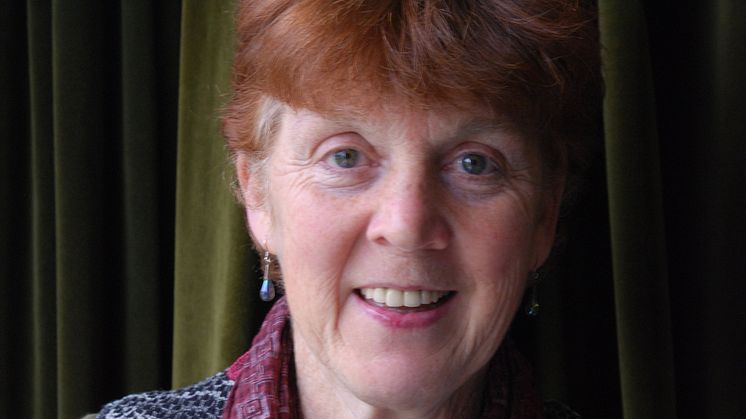
Press release -
FEATURE: The Dementia Monologues
Northumbria University academic, Cathy Bailey, recently joined a panel at Live Theatre to discuss the social, ethical and medical issues surrounding dementia. The discussion followed an exclusive screening of The Dementia Monologues - five short films by writer Fiona Evans which aim to address some of the myths and misconceptions about the disease.
Cathy’s own research around dementia, alongside her colleagues from Northumbria and the University of Edinburgh, and in partnership with Skimstone Arts, Newcastle, explores everyday tensions between the notions of risk and resilience for some people living with dementia in the north east of England. Their research suggests that the challenges people with dementia face in society may be as much to do with how others communicate and engage with someone with dementia, as it is about the person themselves.
The collaboration with Live Theatre makes this research accessible to a much wider audience. Northumbria’s cultural partnership with Live Theatre facilitates this sharing of expertise between academics and the theatre’s artistic team and audiences.
Here are a couple of examples of the questions that Cathy took from the audience on the evening:
Why have you found that using drama has been beneficial in training as opposed to using traditional training methods?
In the last few years I have worked with people living with dementia and I have used creative and cultural engagement to bring to life the everyday reality of living with this disease. With traditional training, there is often a focus on the disease itself but drama can give you a real-life context for this. It shows the messy reality and I think that’s really important.
I used to be a nurse and the films really made me think about my own fairly entrenched and taken-for-granted assumptions. In the monologue Two Down, the daughter was describing the story about how her father was treated by a coronary consultant –there was an assumption that his patient’s communication problems and confusion were due to his vascular dementia – which wasn’t the case. It is a very powerful piece.
There were a lot of issues highlighted in The Dementia Monologues including safeguarding, identity, respect, dignity and communication. I don’t think these films should just be used for healthcare professionals as a tool for training; they can be a tool for everyone, whatever your job is.
This work excites me as I can see how it can open up discussions. When you use something like drama it should raise more questions than it answers, and The Dementia Monologues ask a lot of difficult questions that I can’t answer, but we need them there in the forefront.
What ethical issues have you come across in working with people with dementia?
I think the important thing about ethics is that it isn’t just about people with dementia – it’s about somebody having personal control.
We have the Mental Capacity Act which says that we start with the assumption that the person with dementia does have the capacity, unless otherwise proven. It is often misunderstood and sometimes people assume that if you have dementia you can’t understand and therefore give consent, but I don’t think that’s always the case. I think the onus is on you as a responsible practitioner to have those open conversations.
When working with people with dementia, I am always aware of fluctuating memory. The Alzheimer Society uses a lovely analogy of a book case where the top shelves are the short term memory and a lot of those books fall out, but the lower shelves , depicting the longer term memories, are packed, the memories are very much there. I think that people living with dementia have those longer term memories and often slip back into them. I think with ethics it is always about their personal control. One way I can ensure this is through something called process consent, which means I check with the person at every point that they’re happy with what I’m doing.
The Dementia Monologues showed us that people living with dementia often reminisce as part of their everyday life. In research, I think it’s important to know a little about that individual because you could uncover a troubled memory and then you need to think about closure – how are you going to leave that person?
To view the Dementia Monologues short films, click here.
To find out more about Cathy’s work around dementia, read her recent article in the Arts Professional here.
Topics
Categories
Northumbria is a research-rich, business-focussed, professional university with a global reputation for academic excellence. To find out more about our courses go towww.northumbria.ac.uk
If you have a media enquiry please contact our Media and Communications team at media.communications@northumbria.ac.uk or call 0191 227 4571.






